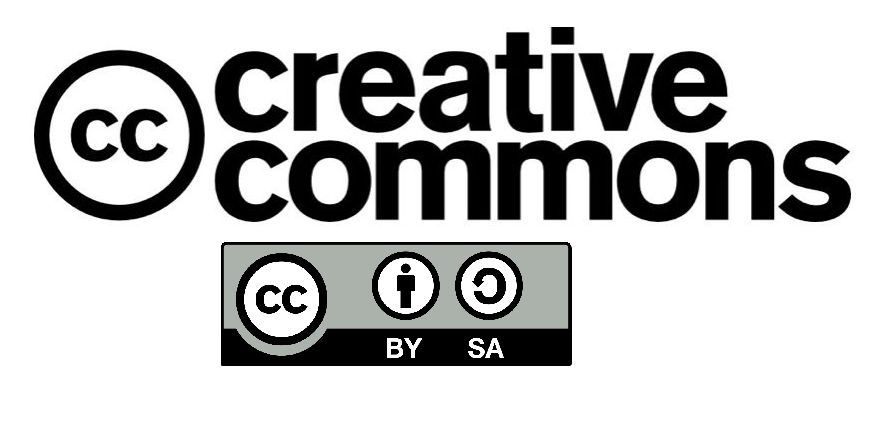Students’ Aattitudes Toward Using Instagram in Teaching Writing
DOI:
https://doi.org/10.30983/educative.v2i1.318Abstract
This study aims to investigate students’ attitudes towards the use of Instagram in teaching writing. This study was descriptive research which was carried out at English Department UMMY Solok. The population of the research was first grade students of English Department UMMY Solok who took Writing I subject. The total number of 8 students enrolled at the closed group feature of Instagram, in which only group members can interact each other. To get the data of the research, the researcher used questionnaire and interviewed. The research design included a 5 point Likert-type questionnaire which were strongly agree (SA), Agree (A), Undecided (U), Disagree (D), and strongly Disagree (SD). It was used to investigate students’ attitudes toward the use of Instagram in teaching writing. For the interview, the researcher prepared semi-structured interviews. It was done to five students who had randomly selected. The finding of the research showed that students had a very positive attitude towards the use of Instagram as an teaching writing activity in the classroom. Keywords: Instagram, Writing, Teaching WritingReferences
Abu-Rass, R. (2001). Integrating reading and writing for effective language teaching. English Teaching Forum, 39(1), 30-39.
Ali, Sebah Al. (2014). Embracing the selfie craze: exploring the possible use of instagram as a language mlearning tool. Issues and Trends in Educational Technology, 2, 1-16.
Alsamadani, H.A. (2010). The relationship between Saudi EFL students’ writing competence, L1 writing proficiency, and self-regulation. European Journal of Social Sciences, 16(1), 53-63
Boyd, D. (2014). It’s Complicated: The Social
Lives of Networked Teens. London, UK: Yale University Press.
Hu, Y., Manikonda, L., & Kambhampati, S.
(2016). What We Instagram: A First Analysis of Instagram Photo Content and User Types. Retrieved from http://149.169.27.83/instagram-icwsm.pdf
Mason, R. (2006). Learning technologies for
adult continuing education. Studies in Continuing Education, 28(2), 121-133.
Thurairaj, Saraswathy, Swagata Sinha Roy,
Kavitha Subaramaniam. (2012). Facebook and Twitter a platform to engage in a positive learning. International Conference On Application Of Information and Communication Technology and Statistics in Economy and Education (ICAICTSEE,)157-166.
Zhang, Lili. (2013). Mobile phone technology
engagement in EFL classroom. International Conference on Software and Computer Science (ICSECS),171-173.
Downloads
Submitted
Accepted
Published
Issue
Section
License
Authors who publish with this journal agree to the following terms:
1. Authors retain copyright and grant the journal right of first publication with the work simultaneously licensed under a Creative Commons Attribution License that allows others to share the work with an acknowledgment of the work's authorship and initial publication in this journal.
2. Authors are able to enter into separate, additional contractual arrangements for the non-exclusive distribution of the journal's published version of the work (e.g., post it to an institutional repository or publish it in a book), with an acknowledgment of its initial publication in this journal.
3. Authors are permitted and encouraged to post their work online (e.g., in institutional repositories or on their website) prior to and during the submission process, as it can lead to productive exchanges, as well as earlier and greater citation of published work (See The Effect of Open Access).


















 Â
 







